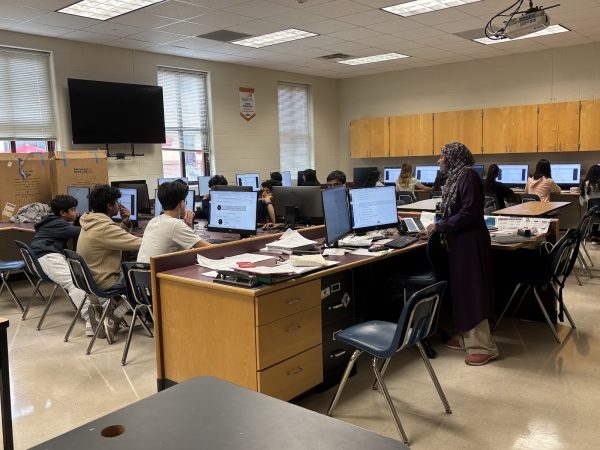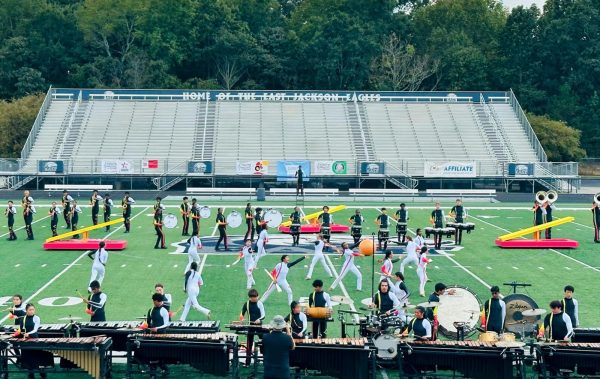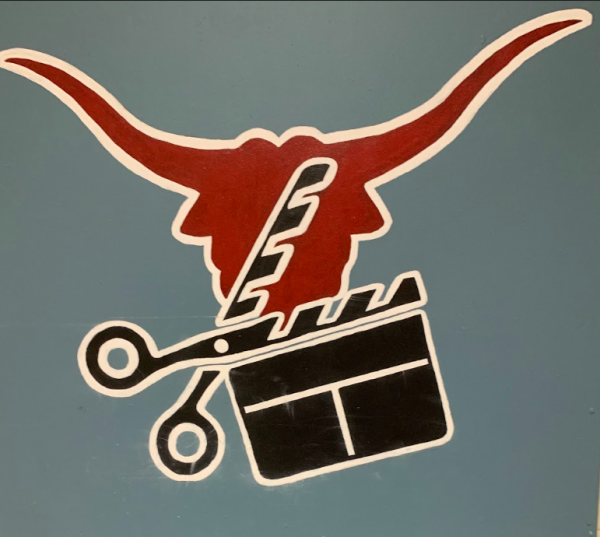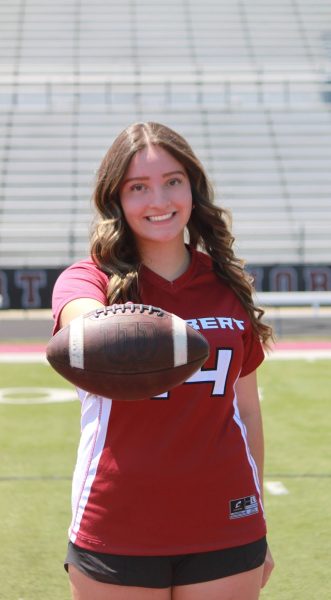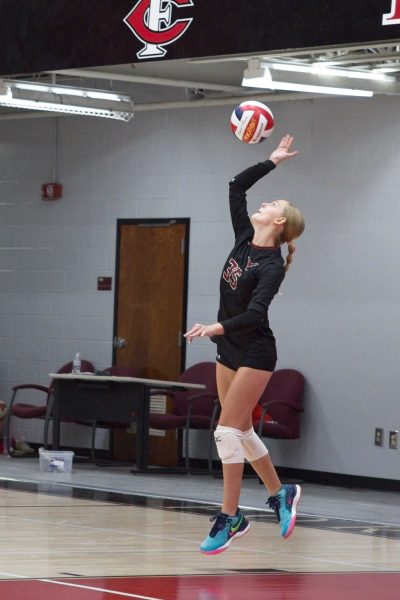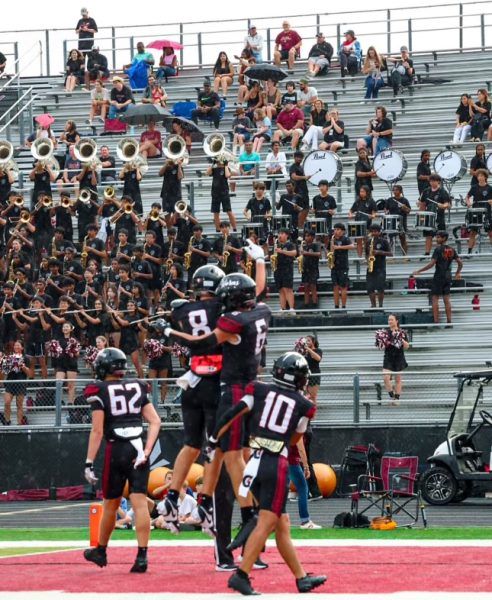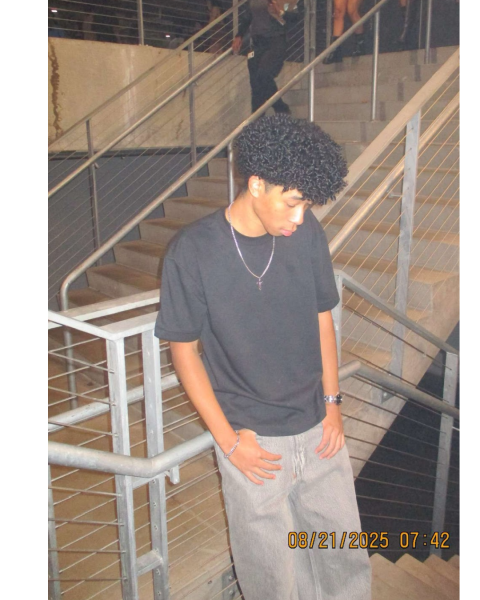Ramadan and Sports

Track athlete Khadijah Diggs running during Ramadan in 2019
Ramadan is where Muslims around the world observe a month-long event of fasting, prayer and self-restraint. However, Ramadan has many effects on Lambert students, especially its athletes.
Ramadan is meant to be the holiest time of the year for Muslims: a time for self-reflection, thinking of people in need, and cutting out distractions. Many people use it as a time to volunteer, quit bad habits, read the Qur’an over the month and fast.
Ramadan occurs in the ninth month of the Islamic calendar, which goes by moon cycles. Many of those who practice Islam cannot predict when it will happen next until it is the month before. This also means that Muslim student-athletes cannot do their sport earlier or later in the year to make it easier for them to observe Ramadan when it does arrive.
This year it’s observed from March 22nd to April 20th.
Ramadan is observed from sunrise to sunset, and those of the Muslim faith get up early to eat and drink as much as possible before the sun rises, which is called suhoor. Muslims then spend the entire day fasting and, after sundown, those who observe Ramadan break their fast in the evening iftar, eating and drinking enough for lunch and dinner.
For athletes who observe Ramadan, having to run or swim for hours during the day without any food and water can be troublesome.
Freshman athlete Pheeona Ali is on the track team and is currently observing Ramadan.
For Ali, when she wakes up for suhoor, she has to make sure that, before practice, she eats and drinks as much as possible.
She’s careful to watch the weather when running as well because, if she pushes herself too hard, she may faint from the heat and hunger. One of her steadfast rules is, if it’s 80 degrees or warmer outside, she skips practice.
“I kind of feel like everyone thinks I’m crazy,” Ali said.
When she began observing Ramadan on March 22nd, Ali felt a bit out of place.
Ramadan is well known, but many people don’t know when it starts or the extent of the fasting.
Ali had to speak to the people on the track team and her coaches to make sure that they understood that she couldn’t go as fast or come to as many practices as she had before.
The purpose of Ramadan is to teach what a difference having enough food and water makes for someone. Ali finds that doing track and observing Ramadan at the same time gives her a greater understanding of what that means.
“Fasting definitely changes the way you approach the sport: I went on a run out when it was dark outside a few days ago,” Ali said. “When you have enough nutrients, you definitely go faster because your body gets used to not having that, so when it does have that, you go better.”
She considers Ramadan to be a sort of second chance for Muslims around the world to spend a month being as close as possible to Islam.
“I feel like a lot of people aren’t really that close or intact with their religion just because of modern-day times but Ramadan is the one time of year where you’re supposed to be closer with your religion,” Ali said. “Where you’re really supposed to give your full all.”
Your donation will help support The Lambert Post, Lambert High Schools student-run newspaper! Your contribution will allow us to purchase equipment and cover website hosting costs.



